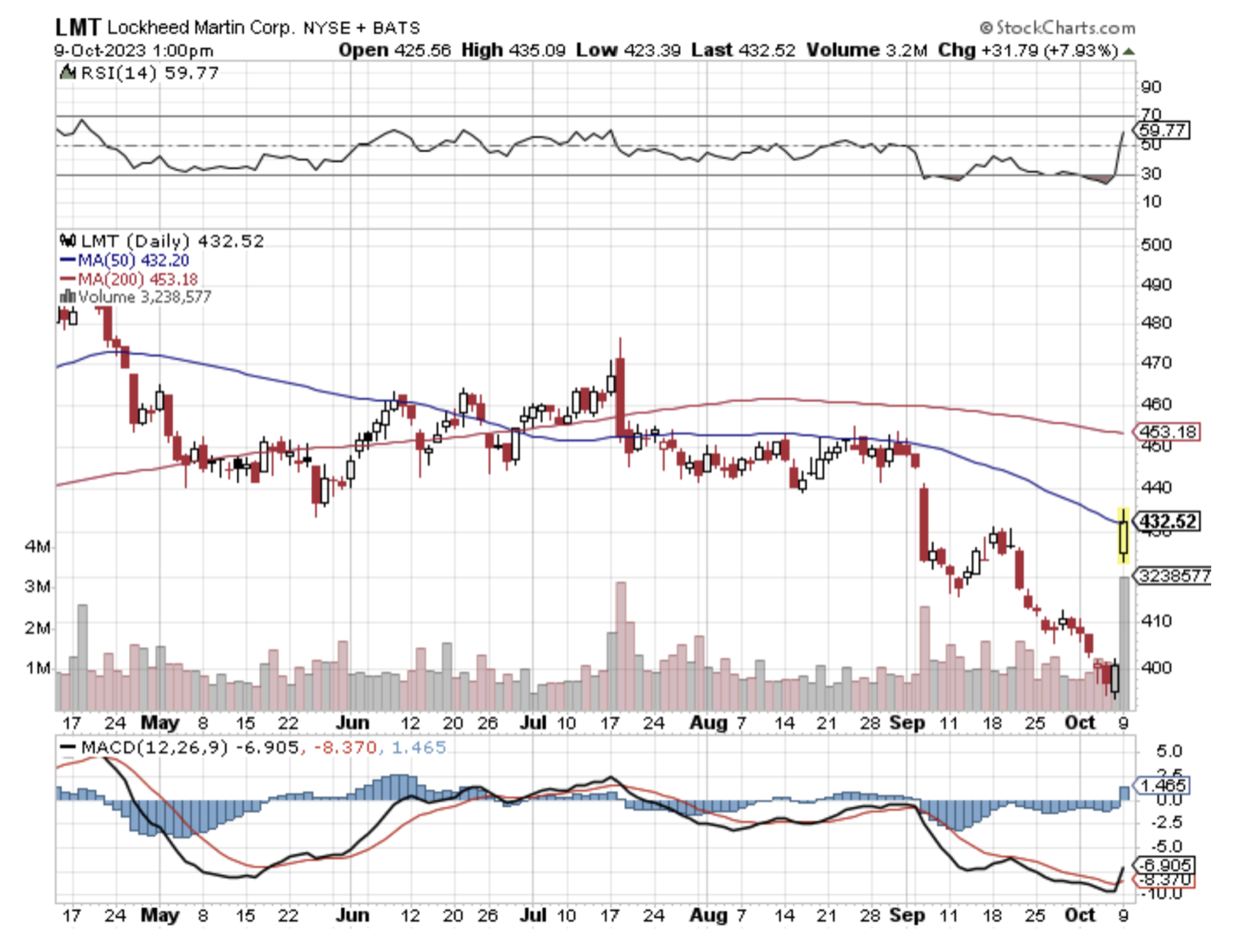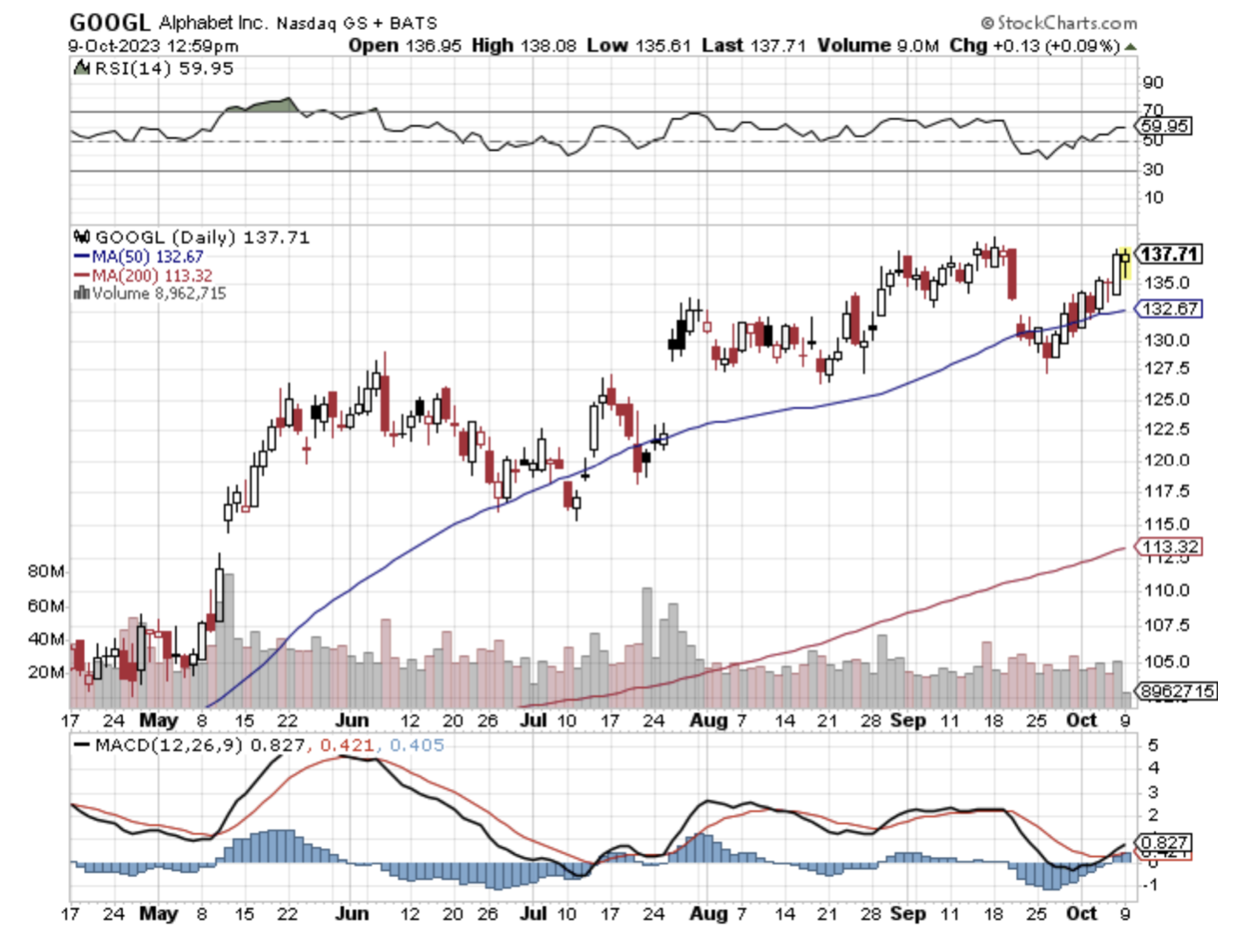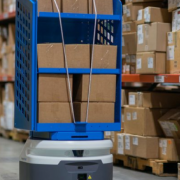Global War Threatens Tech Rally
Hot wars play a central role in accelerating inflation and the world’s newest kinetic war in the Middle East could prove toxic to the Fed’s quest to quell high inflation.
First, condolences to the atrocities that have occurred in the past 72 hours, the damage to families, society, and communities are hurtful and long-lasting.
Conflict in the Middle East means higher energy prices because a higher risk premium will be attached to the cost of logistics and production.
The Middle East has some of the highest outputs of oil and natural gas in the world with supply from Qatar, Saudi Arabia, and Iran flooding the world with cheap energy.
What does that mean for technology stocks?
I can tell you nothing good.
Physical wars rotate demand to certain goods that will deliver the consumer the best outcomes and in this case food and shelter. Running a supermarket during the lockdowns was a small gold mine. That means there is a high chance that money rotates out of Google and Microsoft and goes into defense and military stocks like Raytheon and Lockheed Martin (LMT).
Unless products are critical to survival, goods like EVs and Tesla’s (TSLA) are placed on the backburner.
Few will have the money to charge their EVs with another wave of price increases coming down the pipeline. I already hear Norwegians complaining about the cost of fueling EVs after cheap Russian energy was shut off to them.
Forget about an iPhone upgrade cycle.
Kids will just have to deal with the iPhone 14 for longer.
High inflation plays a leading role in wars and conflicts. But that doesn’t mean that economic policy doesn’t matter anymore. Less wars result in bigger tailwinds to deflation.
China also owns the rare metals industry and policy might dictate to hold back supply and earmark it for national and military industries instead of selling to foreigners.
Tesla’s might not be able to be produced anymore because they can’t secure the right materials like cobalt from China.
If a full-fledged regional war intensifies, then the US economy is almost guaranteed to lock in 4% as the new CPI low for this inflationary cycle. The next move would be higher.
The US has already pledge financial and military aid to Israel and that bill will be footed by the US taxpayer.
If this war begins to get expensive and the US starts shipping off $200 billion every few months to the Middle East then this fiscal spending will bring forward more inflation.
Ultimately, if a third war in the shape of Taiwan rears its ugly head, we could experience high 20% inflation like we did in the 1970’s, but this time around, we would do it with close to $34 trillion in US federal debt and those onerous debt interest payments.
The technology sector better hope and pray for a quick resolution to the Middle East conflict in order to stave off the threat of destroying the Santa Claus rally in the Nasdaq.
A third concurrent war in Taiwan would mean instant recession, spiking bond yields, $150 per barrel oil, and technology stocks experiencing a wild pullback.
In the meantime, the newest stresses will guarantee the Eurozone plus UK into a deep recession because they aren’t self-sufficient.
It also adds even more stress to the US economy which is the last man standing at this point because US tech earnings are still in the green.
Certain stocks do very well in times of geopolitics, but these multinational globalized companies have a lot to sacrifice if the world goes pear-shaped.






